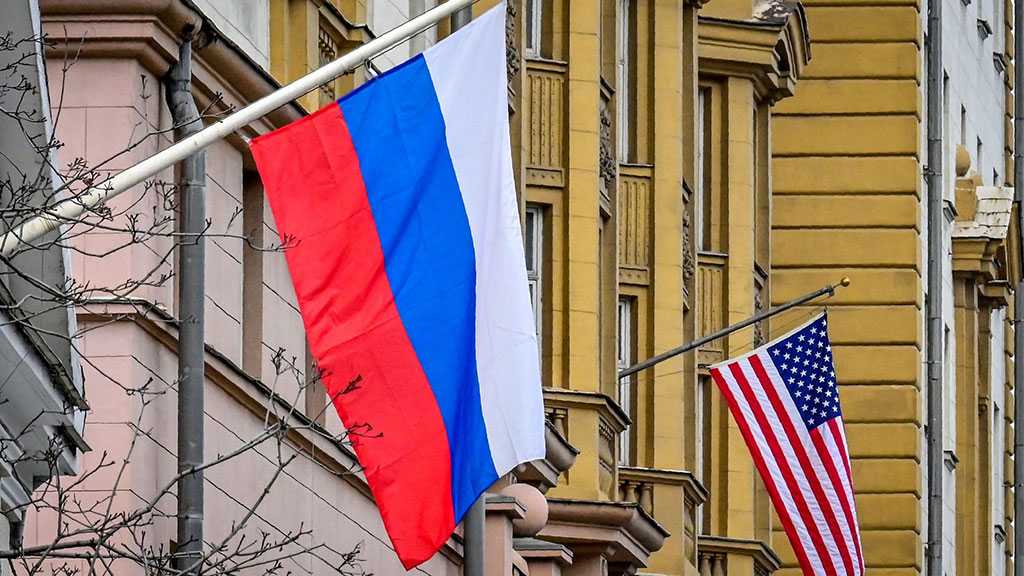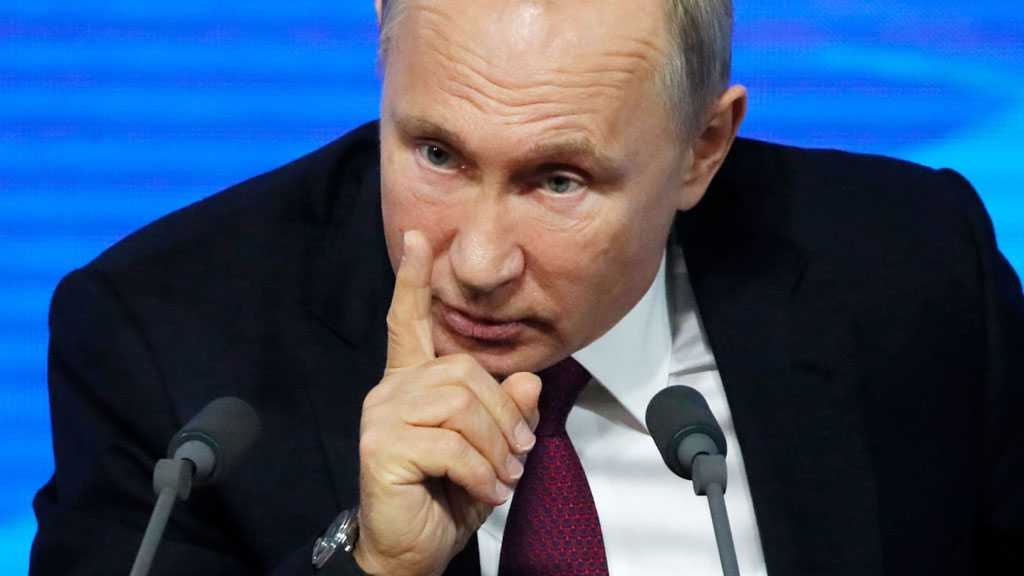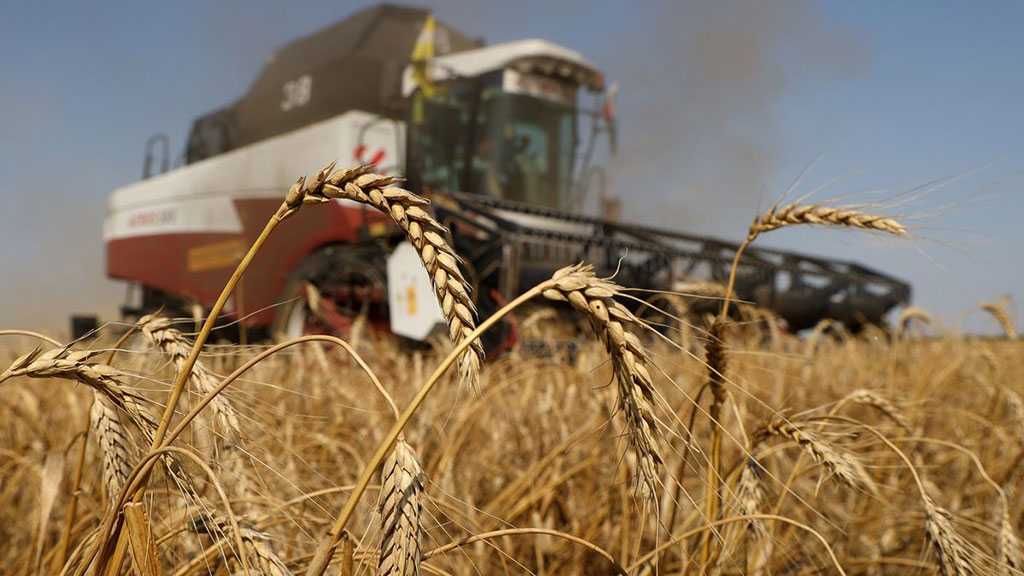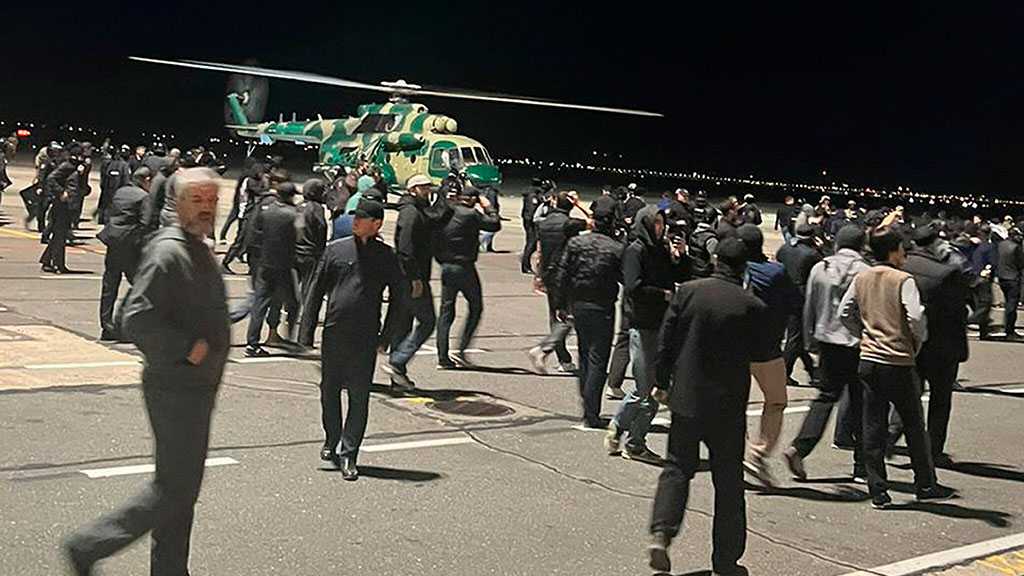
Lavrov: Washington Sees Daesh as Ally to Be Used for Regime Change in Syria
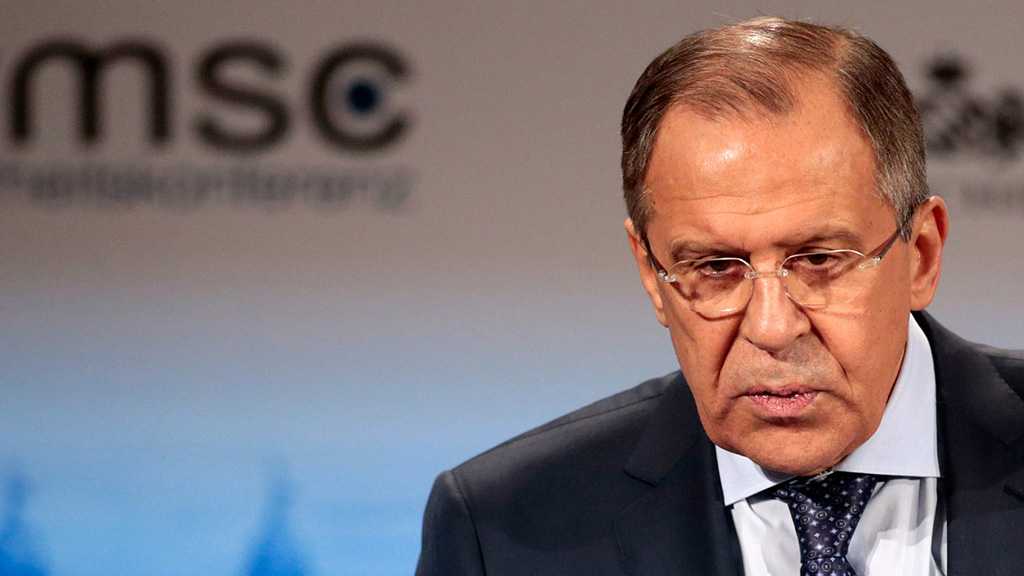
Local Editor
Earlier, US special representative for Syria engagement James Jeffrey claimed that the Syrian government was responsible for creating the Wahhabi Daesh [Arabic acronym for “ISIS” / “ISIL”] terrorist group, which he said was trying to "protect people...from the depredations of the Assad regime."
The United States is using Daesh as a pretext for continuing its illegal presence in Syria, and regards the terrorist group almost like an ally for carrying out regime change in the Arab Republic, Russian Foreign Minister Sergei Lavrov said on Saturday.
"The US State Department has declared that Daesh has not been completely defeated, and that the main condition for its defeat is regime change in Syria and the withdrawal of any Iranian or pro-Iranian units from the country. This confirms my theory that the Americans view Daesh as an excuse for their presence in Syria and almost as an ally in the fight against the Syrian regime. In other words, the main task now is regime change, not defeating Daesh," Lavrov said, speaking in Lisbon after meeting with his Portuguese counterpart Augusto Santos Silva.
Backing up this assessment, Lavrov pointed out that the main remaining hotbed of Daesh activity in Syria is now situated in territories "controlled by the United States — on the East Bank of the Euphrates River."
This also includes the area around the settlement of al-Tanf in southern Syria, "where the United States has illegally created a zone which they control with a radius of 55 km," he said. "Inside this zone are several thousands bandits, whom the US regards as off-limits, allowing the Americans to make excuses for their presence, including in this particular territory."
Commenting on the recent statement by UK Chief of General Staff Mark Carleton-Smith that Russia posed a "far greater threat" to British national security than Daesh or al-Qaeda, Lavrov said that Russia couldn't "forbid anyone" from "demonstrating their intellectual and political capabilities."
"I heard about this statement, and have heard many statements of this kind from Britain's minister of defense," Lavrov added, noting Russia couldn't influence the decisions of the British government "regarding whom they trust to lead their armed forces."
On Friday, US special representative for Syria engagement James Jeffrey assured Russian media that the United States was not looking for regime change in Syria, but added that Washington was "committed to a change in the behavior of [the Assad] regime." He justified the presence of US forces in Syria, saying they were "carrying out anti-terrorist operations" and that their presence "does not indicate any desire to break apart a country."
At the same time, Jeffrey stressed that the US would use sanctions to push the alleged Iranian presence in Syria out, deny reconstruction aid, use its diplomatic resources, "anything we can to try to end this conflict and restore Syria to its people." The diplomat noted that Washington would expect the UN to play a "much more central role" in resolving the Syrian crisis if the current efforts by UN Special envoy Stepan de Mistura working with Russia, Iran, Turkey and the Syrian government prove unsuccessful.
The US-led coalition began a campaign of airstrikes against Daesh targets in Syria and Iraq in September 2014. The campaign, ostensibly aimed at fighting jihadist extremism, never received the approval of the Syrian government, which characterized it as a violation of its sovereignty.
In addition, throughout its air and ground-based operations in eastern and southern Syria, US-led and allied forces have repeatedly struck Syrian military targets, usually claiming that the strikes were accidental, or the result of aggressive actions from the Syrian side.
The US maintains a foothold around the town of at-Tanf, southern Syria, and in northeast Syria east of the Euphrates River, where US troops are embedded alongside its majority-Kurd Syrian Democratic Forces allies.
Source: News Agencies, Edited by website team
